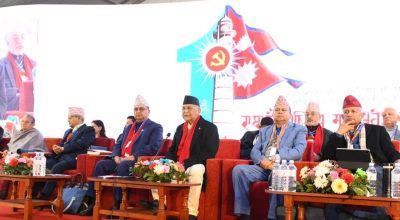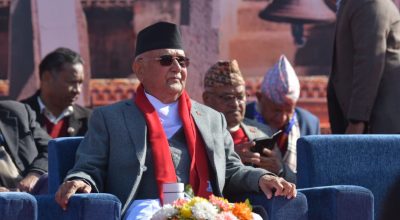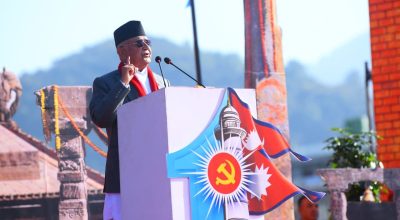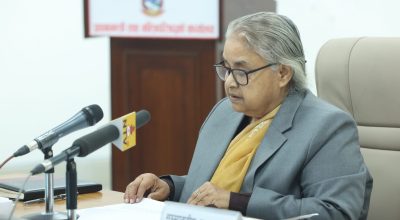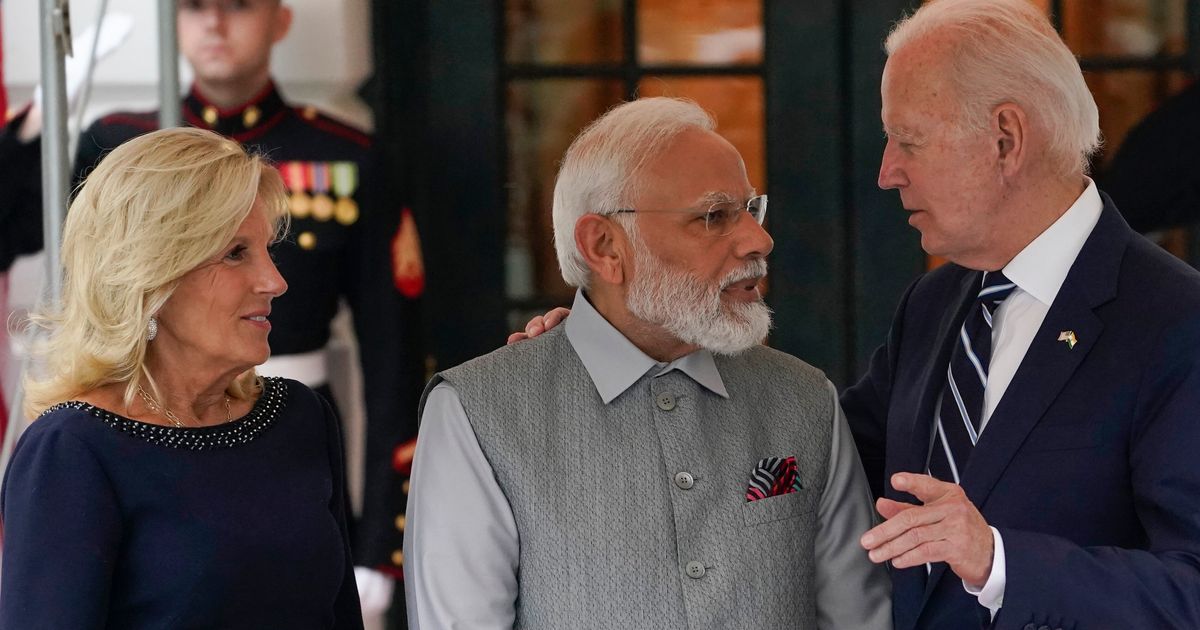
Indian Prime Minister Narendra Modi’s US visit has raised many questions and eagerness among global watchers. The US is intentionally and systematically alluring India to come into its circle to prepare it for serving strategic American interests. Similarly, the US is preparing India to play an active role in standing up against any anti-American powers in the region. Unfortunately, the Indian establishment has failed to understand these malign activities of the US, which are hampering peace, security, and stability in the entire Asia-Pacific region. The recent visit of Indian Prime Minister Modi to the US has not mitigated doubt, it has further increased fear of confrontation and tension in the region, while the US is instigating India to become its strong ally. Indian diplomatic circle has not understood the possible circumstances which can be emerged because of her complete inclination toward the US military sphere.
India’s pro-US inclination has the potential to disturb the global order and hamper cooperation and partnerships in several ways. While the US-India partnership in the Asia-Pacific region has seen significant growth, their threat perceptions in the Middle East tend to diverge. However, differing threat perceptions and interests in the region make it unlikely for India to become a reliable security partner for the US in that area.
Challenges persist in the India-US bilateral relationship, especially in areas such as military, economic, and climate matters. Tensions over democracy and human rights can flare up at any moment, adding further complexity to the partnership. The closeness between India and the US may not rival that of the Anglo-American special relationship, highlighting the challenges in deepening ties between the two nations.
There have been trade disputes between the US and India, which have impacted their bilateral relations. Disagreements over digital technologies and their impact on societies have further strained the relationship. Such disputes can hinder cooperation and impede the formation of strong partnerships between the two countries.
India’s pro-US inclination could disrupt existing geopolitical dynamics and alliances. It may lead to perceptions of an imbalance of power and create tensions with other countries, particularly those that have closer ties with Russia and Brazil. This disruption could undermine regional stability and cooperation, as well as hinder efforts towards a multipolar world order based on cooperation and shared interests. The divergence in threat perceptions, challenges in the bilateral relationship, trade disputes, and disruption of existing geopolitical dynamics are factors that contribute to this potential disturbance. It is important for India and the US, as well as other countries, to navigate these complexities and seek balanced approaches to maintain global stability and promote cooperation and partnerships on a broader scale.
Indian Prime Minister Narendra Modi’s recent US visit has faced criticism and raised concerns about the message it sends regarding alliances and military build-up. Despite these concerns, the Biden administration, positioning itself as a democratic protector, has seemingly turned a blind eye to these issues during Modi’s visit. This omission raises questions about the US stance on human rights and its willingness to address concerns in favor of geopolitical considerations.
The US sees India as a strategic partner in countering other power’s influence, prioritizing geopolitics over basic rights concerns. This approach can send the wrong message that inappropriate policies and a deteriorating domestic scenerio may be tolerated or overlooked for the sake of strategic partnerships.
Modi’s visit has faced opposition from activists and critics who seek to challenge his controversial policies. However, those who question Modi’s movement often face government intimidation, online trolling, and legal harassment. This hostile environment hinders the ability to draw attention to India’s issues and raises concerns about the government’s commitment to basic right principles.
The visit was seen as a test for the Biden administration, with expectations that some genuine concerns would be addressed in some way. However, the lack of explicit criticism or public engagement on these issues raises doubts about the effectiveness of the visit in conveying a strong message. Critics argue that engaging with India and urging adherence to fundamental principles should be part of the dialogue between the two nations.
India, as a prominent player on the global stage, has faced criticism for its irresponsible role and parochial short-sightedness in certain instances. One area that has raised concerns is India’s defense cooperation. Despite the growing partnership between India and the United States, India’s continued reliance on Russian military supplies, such as the acquisition of the Russian S-400 air defense system, has strained its relationship with the US.
Another aspect where India’s parochial short-sightedness has been observed is its foreign policy stance in the context of global crises. During the Ukraine crisis, India’s abstention at the United Nations and its cautious approach raised questions about its strategic orientation and its commitment to the international community. The crisis presented an opportunity for India to take a clear stance and contribute to resolving the conflict, but its restrained approach led to speculation and potentially undermining its credibility as a responsible global actor .
India’s reluctance to actively promote humanitarian has drawn criticism. Some argue that India’s primary focus is on its own domestic challenges, such as poverty and economic development, which has resulted in a more cautious and self-centered approach to international affairs. This limited engagement in promoting global norms has been perceived as an instance of parochial short-sightedness, potentially hampering India’s ability to shape the global order and contribute to a more inclusive and just world.
While these criticisms highlight certain areas where India’s role on the global arena may be seen as irresponsible or short-sighted, it’s important to note that India is a complex and diverse nation with its own set of challenges and priorities. Like any other country, India’s foreign policy decisions are influenced by a multitude of factors, including national security concerns, historical alliances, and domestic considerations. Evaluating India’s role on the global stage requires a nuanced understanding of its context and the complexities it faces in balancing its national interests with global expectations.
India, as a rising power, should strive to play a more responsible role and move away from power games. Despite India’s aspirations to become a great power, it has yet to achieve greatness and its record of assuming global responsibility has been lackluster at best. To truly embody responsible leadership, India must address domestic and international challenges while actively sharing the burden of providing global public goods. This requires India to overcome its reluctance and actively contribute to the collective well-being of the international community. By focusing on multidimensional success, such as improving economic performance, fostering regional integration, and enhancing military capabilities with wise policies, India can establish itself as a leading power that shapes global outcomes based on its weight and preferences.






